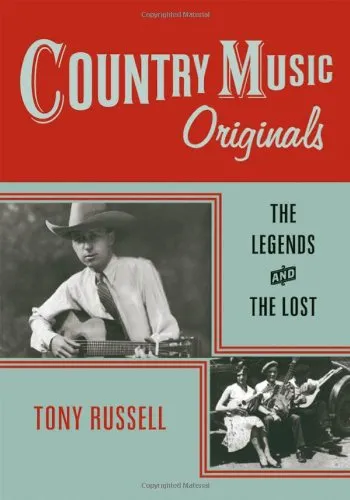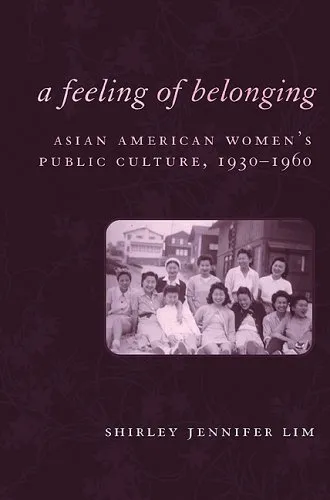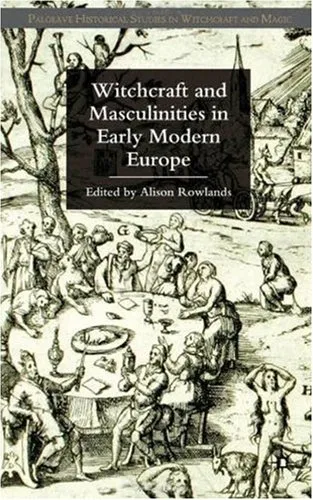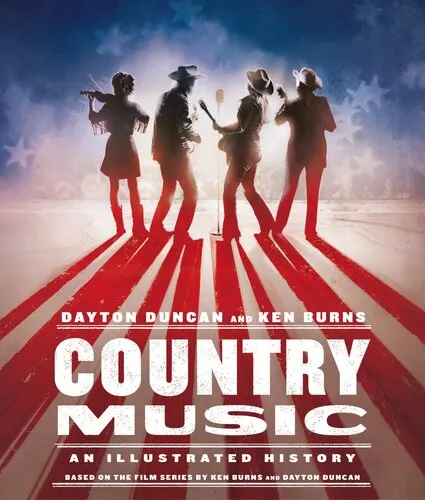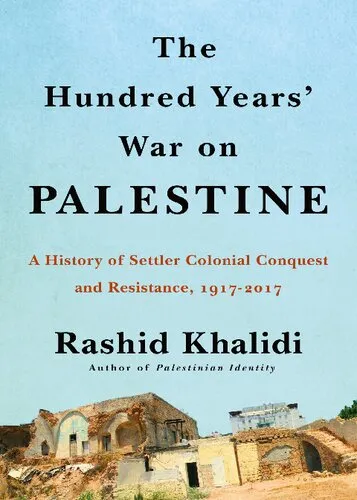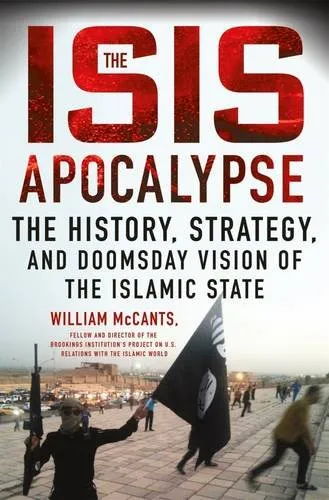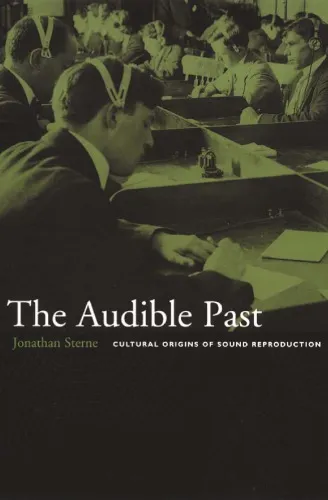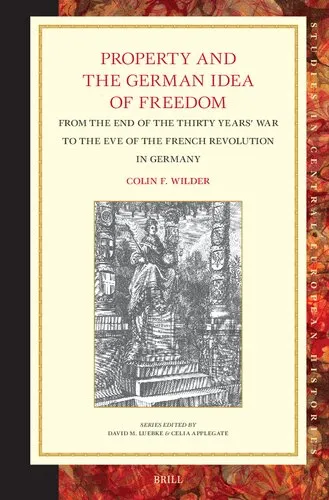Outlaws in Medieval and Early Modern England
4.5
Reviews from our users

You Can Ask your questions from this book's AI after Login
Each download or ask from book AI costs 2 points. To earn more free points, please visit the Points Guide Page and complete some valuable actions.کتاب های مرتبط:
Introduction to Outlaws in Medieval and Early Modern England
The concept of outlawry evokes images of renegades defying authority, living on the fringes of society, and challenging the notions of law and order. Outlaws in Medieval and Early Modern England, a captivating study by John C. Appleby and Paul Dalton, delves deep into the lives, legends, and realities of individuals branded as outlaws in England between the medieval and early modern periods. This book explores the fascinating intersection of criminality, justice, and popular culture, offering a nuanced understanding of how outlaws shaped, and were shaped by, the societies in which they lived.
Rooted in extensive historical research, this work examines both real and legendary outlaws, such as Robin Hood and other lesser-known figures, serving as a gateway into the social, political, and cultural dynamics of medieval and early modern English life. Appleby and Dalton present a vivid portrayal of how outlawry was both a legal designation and a cultural phenomenon, providing insights that resonate with contemporary debates about justice, dissent, and marginalization.
Detailed Summary of the Book
At its core, Outlaws in Medieval and Early Modern England challenges traditional narratives about outlawry, taking readers on a journey through history to uncover the complex forces that defined what it meant to be an outlaw.
The book begins by exploring the legal framework of outlawry in medieval England, highlighting how the concept was tied to both societal norms and the enforcement of justice. Outlaws were often individuals who failed to respond to legal summons or fled punishment, placing themselves outside the protection of the law. Despite this, they became central figures in folklore and popular imagination.
Throughout its chapters, the book examines key themes such as the politicization of outlawry, its use as a tool of state control, and its role in resistance movements. By analyzing famous outlaws like Robin Hood and lesser-known figures, it illustrates how their stories reflected societal anxieties and aspirations. Additionally, the book delves into the social factors that contributed to outlawry, including poverty, displacement, and rebellion, painting a broader picture of life in medieval and early modern England.
The volume also highlights how the changing times—from the feudal structures of the medieval era to the centralization of power in the early modern period—transformed the meaning and consequences of being an outlaw. Through this progression, the authors reveal how the concept of outlawry served as a lens for understanding broader historical changes in justice, governance, and popular culture.
Key Takeaways
- Outlaws were more than just criminals—they reflected broader societal tensions and dynamics.
- The legal and cultural definitions of outlawry evolved significantly from the medieval to the early modern periods.
- Legends of figures like Robin Hood often had a basis in historical practices and reflected popular struggles for justice and equality.
- The treatment of outlaws sheds light on the development of centralized state power and the rule of law in England.
- Outlawry served as both a label of disgrace and, paradoxically, a symbol of resistance and freedom.
Famous Quotes from the Book
- "In outlawry, as in law itself, one finds the fingerprints of power and resistance intermingled."
- "The outlaw, though banished from society, was never far removed from its collective imagination."
- "True outlawry lies not in the breaking of laws, but in the audacity to live beyond them."
- "The stories of England's outlaws serve as a mirror, reflecting both societal aspirations for justice and its failures to achieve it."
Why This Book Matters
With its rich historiographical approach and engaging narrative, Outlaws in Medieval and Early Modern England offers invaluable insights into the ways societies define, punish, and sometimes celebrate those who exist beyond the law. This book matters because it provides a lens through which we can understand the continual negotiation between authority and resistance in human history.
It challenges us to think critically about how societies manage dissent and administer justice, themes that remain as relevant today as they were centuries ago. By bridging the gap between the historical and the legendary, Appleby and Dalton craft a narrative that appeals not just to historians, but to anyone intrigued by the enduring allure of the outsider figure. Whether you're an academic scholar, a cultural enthusiast, or a lover of folklore, this book has something profound to offer.
Free Direct Download
You Can Download this book after Login
Accessing books through legal platforms and public libraries not only supports the rights of authors and publishers but also contributes to the sustainability of reading culture. Before downloading, please take a moment to consider these options.
Find this book on other platforms:
WorldCat helps you find books in libraries worldwide.
See ratings, reviews, and discussions on Goodreads.
Find and buy rare or used books on AbeBooks.
1345
بازدید4.5
امتیاز0
نظر98%
رضایتReviews:
4.5
Based on 0 users review
Questions & Answers
Ask questions about this book or help others by answering
No questions yet. Be the first to ask!
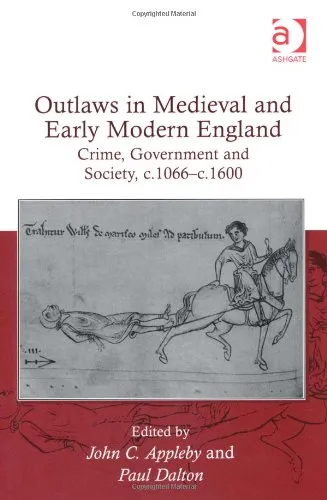
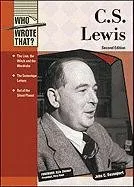
![Mathematics and Its History [FIXED]](https://s3.refhub.ir/images/thumb/Mathematics_and_Its_History__FIXED_29231.webp)
